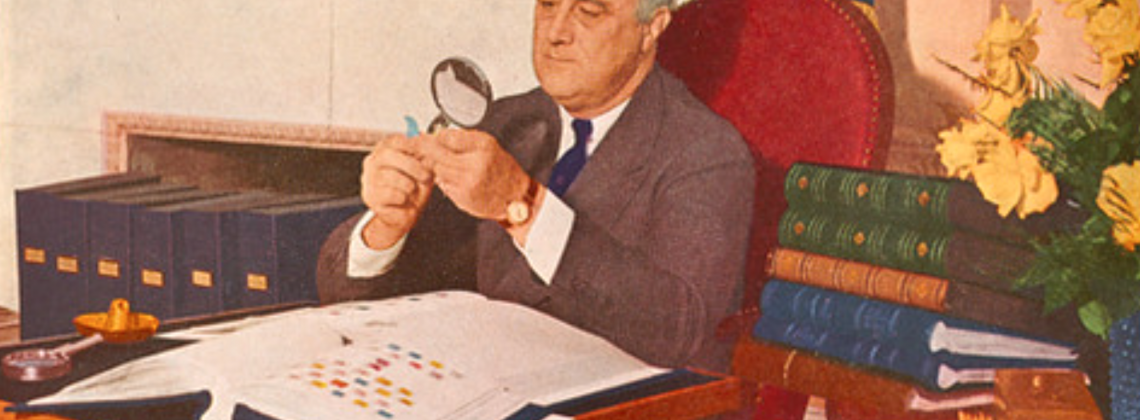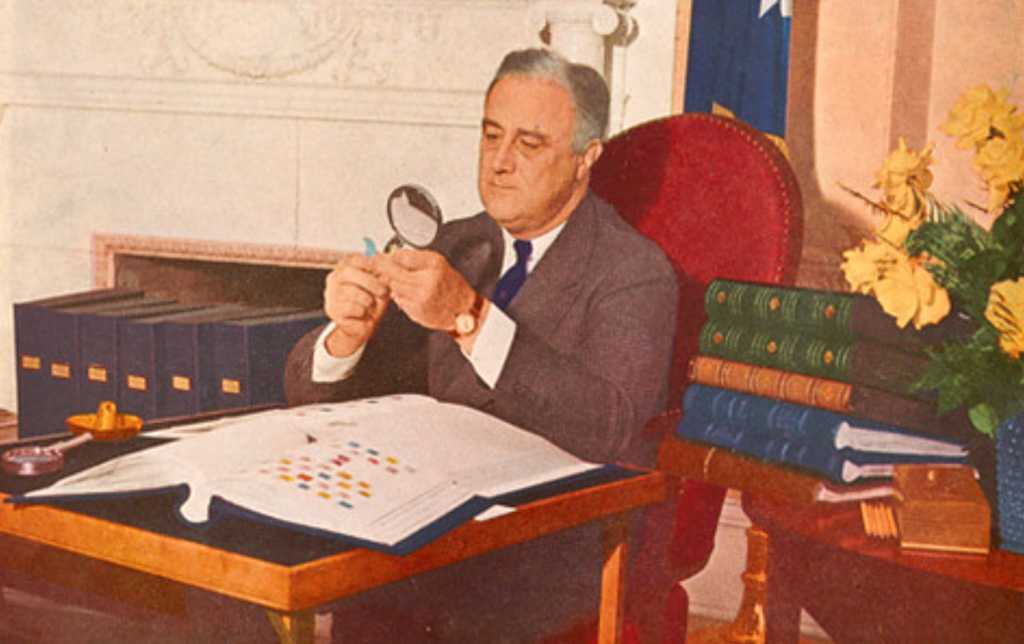

Connection and contentment might be a dance away
If we had a time machine and went back a couple centuries, most of us would find it difficult to adjust to the lack of leisure we’d experience. Back then people spent most of their time doing something that seems like work to us now. Thankfully, in the twentieth century a wave of labor-saving devices made daily life a lot more enjoyable. A machine washes our clothes, does the dishes, cuts the ice, and we almost never have to scythe the yard. We have a lot more free time on our hands. The problem is, we don’t always make good use of that time and those hands.
Unfortunately many of us use our time and hands to scroll the television or the internet. One issue with scrolling is that many of the voices we encounter via screens make us angry. And sometimes we get pretty angry pretty quickly. People have felt the need to quit Facebook due to political vitriol; Twitter erupts with controversy as part of its regularly scheduled programming; and just check out the comments section on a news site. If we have enough time to get so angry and troll so much, perhaps we have too much time on our hands.
What should we do with all this time? We could become workaholics. We could stream our lives away. Or we could find something else that combines healthy activity with genuine leisure.
We can make the world a happier place by finding some hobbies. When you’re busy living your actual life, you don’t have as much time to troll or react. You can’t be typing when you’re practicing guitar chords or setting up a stop-motion video or painting a landscape. It just doesn’t work. You won’t be busy reacting to strangers’ bad opinions when you’re in the middle of singing lessons or a chess match or sculpting something. It’s hard to run a marathon and mouth off online at the same time. It’s tricky trying to sail off into the sunset and deliver a scathing retweet.
Picking up a few hobbies may also make you happier. There’s a lot of evidence to suggest that connecting with the material world is good for us. A walk in nature, touching the ground, feeling the sun, listening to birds: All of these things provide positive physical and emotional feedback. Using your hands is also a great way to connect to the world outside your head, as Matthew Crawford puts it in his books The World Beyond Your Head and Shopclass as Soulcraft. You will not only reconnect to reality; you might pick up some new competencies and, with them, new confidence.
Hobbies might also help you connect to new people. There’s a good chance you’re not the only one in the world interested in your hobby. You can join a club or a team or a class. You can go away to camps. You can play with and against others. All of these examples offer chances to meet people face-to-face, where our most meaningful interactions occur. You don’t want to seek a hobby just to get out of your political echo chamber, but a hobby might end up being a delightful pocket door into an altogether different echo chamber—about banjo picking or cyanotype or disc golf or sourdough starters.
Hobbies are one of the best forms of leisure because they can be fulfilling and worth a great deal of energy without needing to be part of a hustle. Hobbies are based on things you enjoy and ways you love spending time. And there is no need to be good. And there is no need to monetize. You don’t even have to justify them. People want to know “how you ended up” in different lines of work or in relationships, but we often accept hobbies as self-explanatory interests and quirks. How delightful. You can spend hours of your time smoking meats or arranging flowers and everyone pretty much accepts it as natural.
We could all use a few more hobbies and a little less time online. If we find better things for our hands to do and our eyes to focus on, we can show others the way. It is a way of knitting, snorkeling, ant farm keeping, kayaking, handbell ringing, woodworking, bookbinding, dinner parties, and dance. Who doesn’t want to try that?
Elizabeth Stice is Associate Professor of History at Palm Beach Atlantic University. Her essays have appeared at Front Porch Republic, History News Network, and Mere Orthodoxy.
Thanks for this, John. I can readily attest to the value of engaging in a new hobby. I joined a band last month at the age of 66. We play classics and my 1966 Rickenbacker 335 has seen more use than it has in over 45 years. I can’t remember when I’ve had more fun. Plus, the opportunities to connect with people who are much better musicians than I am (not to mention appreciative audiences). God is good!
Thanks for reading, Chris, and for your comments. Though John produces a lot of our content, this piece was written by one of our excellent semi-regular contributors, Elizabeth Stice. Happy music-making!
Hobbies are so important in maintaining a balanced life. The illustration shows that at least one President enjoyed a hobby—stamp collecting. Over the years I’ve enjoyed many hobbies but none as much as the one I started at the age of eighty-four. Becoming a general contractor so that I could oversee the restoration of my grandparents almost century-old farmhouse is without a doubt the most rewarding hobby I ever pursued. I’m already looking for another old house that needs to be preserved.